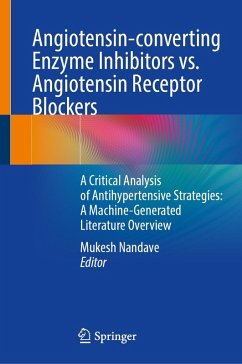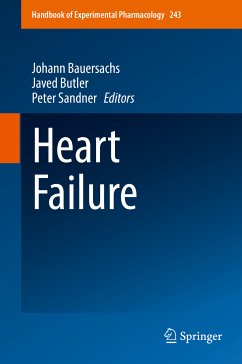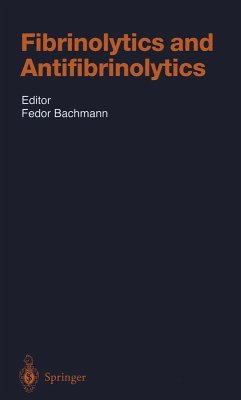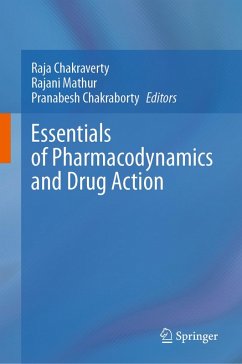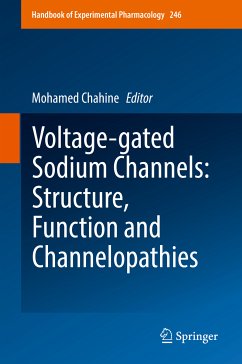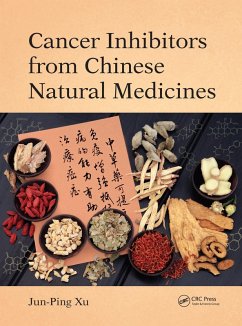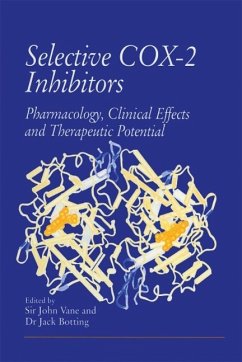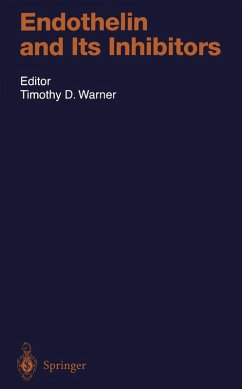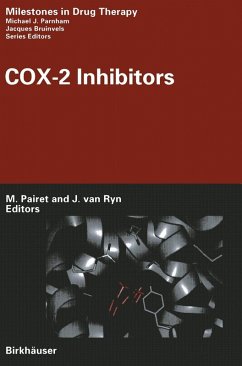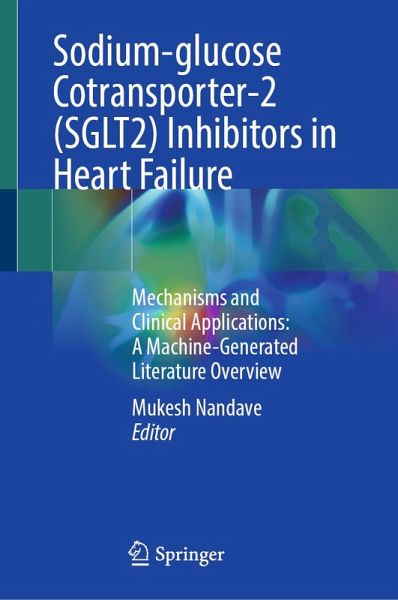
Sodium-glucose Cotransporter-2 (SGLT2) Inhibitors in Heart Failure (eBook, PDF)
Mechanisms and Clinical Applications: A Machine-Generated Literature Overview
Redaktion: Nandave, Mukesh
Versandkostenfrei!
Sofort per Download lieferbar
128,95 €
inkl. MwSt.
Weitere Ausgaben:

PAYBACK Punkte
64 °P sammeln!
The book delves into the development and therapeutic potential of Sodium-glucose Cotransporter-2 (SGLT2) inhibitors for the treatment of diabetes and cardiovascular diseases. It explores their mechanism of action, cardiovascular benefits, and role in primary and secondary protection from renal and cardiovascular diseases. The book also highlights their emerging opportunities in the management of myocardial infarction, diabetic cardiomyopathy, and congestive heart failure. It provides a comprehensive review of preclinical and clinical information on the cardiovascular advantages of SGLT2 inhibi...
The book delves into the development and therapeutic potential of Sodium-glucose Cotransporter-2 (SGLT2) inhibitors for the treatment of diabetes and cardiovascular diseases. It explores their mechanism of action, cardiovascular benefits, and role in primary and secondary protection from renal and cardiovascular diseases. The book also highlights their emerging opportunities in the management of myocardial infarction, diabetic cardiomyopathy, and congestive heart failure. It provides a comprehensive review of preclinical and clinical information on the cardiovascular advantages of SGLT2 inhibitors. Additionally, the book explores selective drugs and their effects on cardiovascular events, mortality, and safety outcomes in individuals with type 2 diabetes.
The book is a valuable resource for researchers, healthcare professionals, and individuals interested in the field of SGLT2 inhibitors and their impact on diabetes and cardiovascular health.
The book is a valuable resource for researchers, healthcare professionals, and individuals interested in the field of SGLT2 inhibitors and their impact on diabetes and cardiovascular health.
Dieser Download kann aus rechtlichen Gründen nur mit Rechnungsadresse in A, B, BG, CY, CZ, D, DK, EW, E, FIN, F, GR, HR, H, IRL, I, LT, L, LR, M, NL, PL, P, R, S, SLO, SK ausgeliefert werden.



